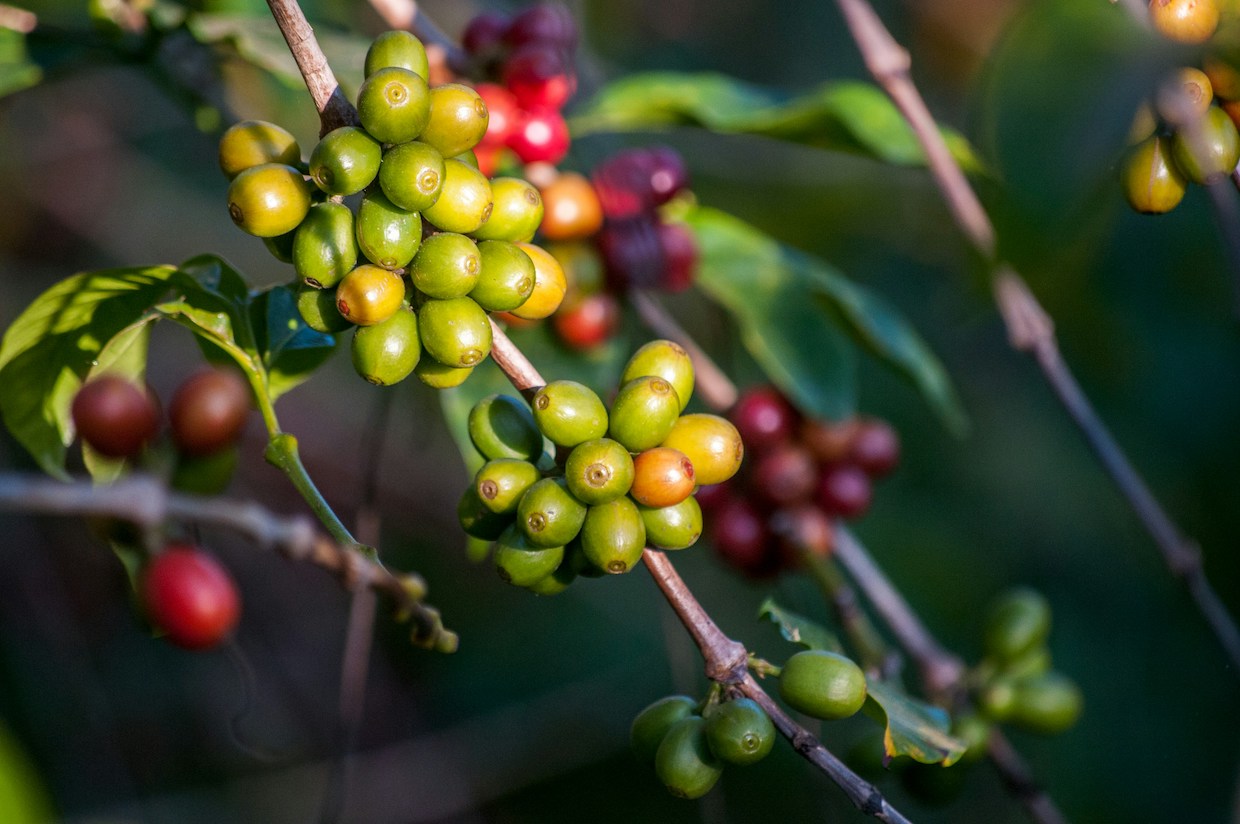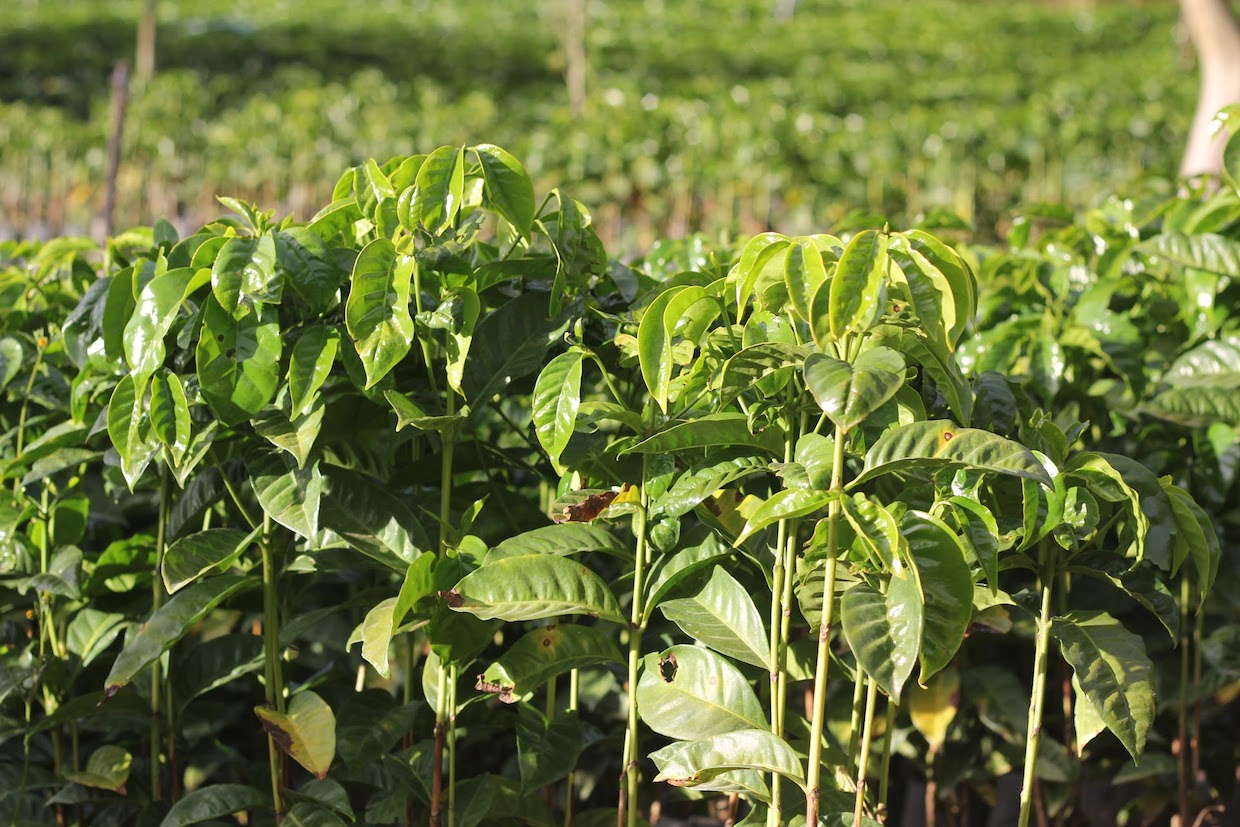Researchers in Italy say they’ve shed new light on arabica coffee’s large and complex genome, which may ultimately help breeders seeking desirable traits such as high quality and disease resistance.
The study adds to a growing body of work noting a lack of genetic diversity in the arabica species of coffee (Coffea arabica), which represents approximately 60% of the world’s total coffee production, according to the authors. Arabica is generally known for higher quality than the world’s other dominant commercialized coffee species, robusta, (Coffea canephora).
That lack of genetic diversity is especially troubling considering arabica’s greater susceptibility to disease and climate change.
As the new study notes, that lack of diversity itself may be due to the fact that arabica is a relatively young species formed from a “super parent” combination of robusta and another, non-commercialized species, Eugenioides (Coffea Eugenioides) within the past 50,000 years.
Michele Morgante, Gabriele Di Gaspero and numerous colleagues recently employed the latest genome sequencing technologies to coffee samples, finding yet again a notable lack of genetic diversity in arabica. Yet they also found some changes at the chromosomal level that might begin to explain why there are different characteristics — such as flavor, disease susceptibility or caffeine level — associated with different coffee cultivars.
The study found evidence of significant chromosomal “rearrangements,” and even chromosome deletions. These were especially pronounced in the arabica line known as Bourbon.
Meanwhile, additional genetic diversity in arabica was discovered in cultivars tracing back to the Timor hybrid.
According to a report from Nature publishing group, such findings may ultimately be used to help coffee breeders in the face of coffee industry market demands, climate shifts and the economic realities of coffee producers.
Funding for the new study, published yesterday in Nature Communications, was provided by Italian coffee roasting giants illycaffè and Lavazza.
Questions? Comments? News to share? Contact DCN’s editors here.
Nick Brown
Nick Brown is the editor of Daily Coffee News by Roast Magazine.








Comment